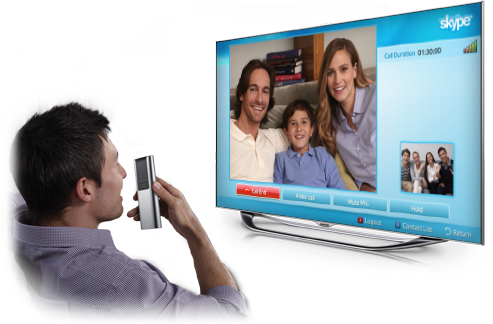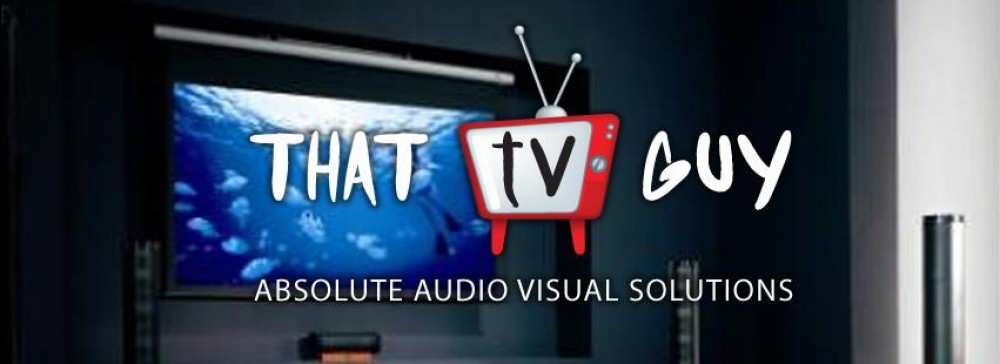Worst television technologies
HD has been around for 15-odd years, and during that time TV makers have introduced numerous technologies and extras to try to get you to buy a new tv. Here my least favourite.
The HDTV market is now fully mature. Just about everybody owns at least one, and often three or four. For the most part we’re happy with our high-definition televisions, but that doesn’t mean we get the best picture available or use the extras and doo-dads we paid for.
Presented below, in no particular order, are the HDTV technologies I consider largely useless, unhelpful and even downright harmful to picture quality. Most of them seem to exist merely to fill out an already overstuffed features list, however, so they’ll be with us for awhile longer.
3D
Almost nobody uses the 3D feature on their TVs, even if they happen to own the glasses. Most people use it once then don’t bother to use it again. It’s such a well-known flop that Toshiba have dropped it entirely. I wouldn’t be surprised to see other TV makers do the same soon.
Curved screens
Curved TVs are a gimmick, at least at their current incarnations of sizes and seating distances. When i have viewed them I count even notice any difference . And the kicker is that curved LED TVs cost significantly more than flat ones.
4K
What’s wrong with extra resolution, you ask? First off, it’s almost impossible to discern the difference between HD and 4K at standard seating distances. But even worse, spending bandwidth and bits on that extra resolution means there’s less to devote to things that actually improve picture quality.
LCD
LCD is the most successful HDTV display technology, killing off CRT, rear-projection and now plasma, and pushing OLED further down the road. But LCD and “LED TVs” generally offer worse picture quality than plasma or OLED. They suffer insurmountable off-angle issues and require convoluted, often flawed local dimming and video-processing schemes to produce a decent picture. Too bad there’s no real alternative right now.
Edge-lit LED
These sets sell like gangbusters thanks to their slim profiles, but most have worse picture uniformity, including brighter edges and corners, than direct-lit LED-based LCD TVs.
Soap-opera effect
The artificial smoothing introduced by many TVs can usually be turned off, but in most models it’s on by default. In addition to making films look like they were shot with camcorders, it can introduce artifacts like blurring and haloing.
Glossy screens
Can you shave by the reflection of your TV screen? Then a window or lamp in your room is likely to be a bright distraction. Many such shiny screens do improve contrast, but compared to matte versions they don’t perform as well overall in bright rooms. But they do sell better on the showroom floor, proving once again that people like shiny things.
HDCP copy protection
Designed to prevent piracy (previously Macrovision), HDCP’s only real effect is to inconvenience users who all-too-often encounter blank or snowy screens as the result of a failed “handshake.” And it’s not going away anytime soon.
Bloated smart TV suites
Cruddy games, lame apps you’ll never use and sub-par Web browsers litter the oft-overcrowded interfaces of many of today’s smart TVs. In most cases you’ll just ignore them, but sometimes they impede access to the services you’ll actually use, such as Netflix, ABC iView and SBS on Demand. Especially compared to Apple TV, most smart TVs can offer too much crap!
Voice and gesture control
Talking and waving to your TV might seem like a revolution worthy of “Minority Report,” but the reality is you’ll almost never use these features either. Clicking a button on a remote is almost always going to be a better way to get things done, and with smart predictive text, even keyword searches are usually easier via virtual keyboards than via voice.
Sourced- cnet




